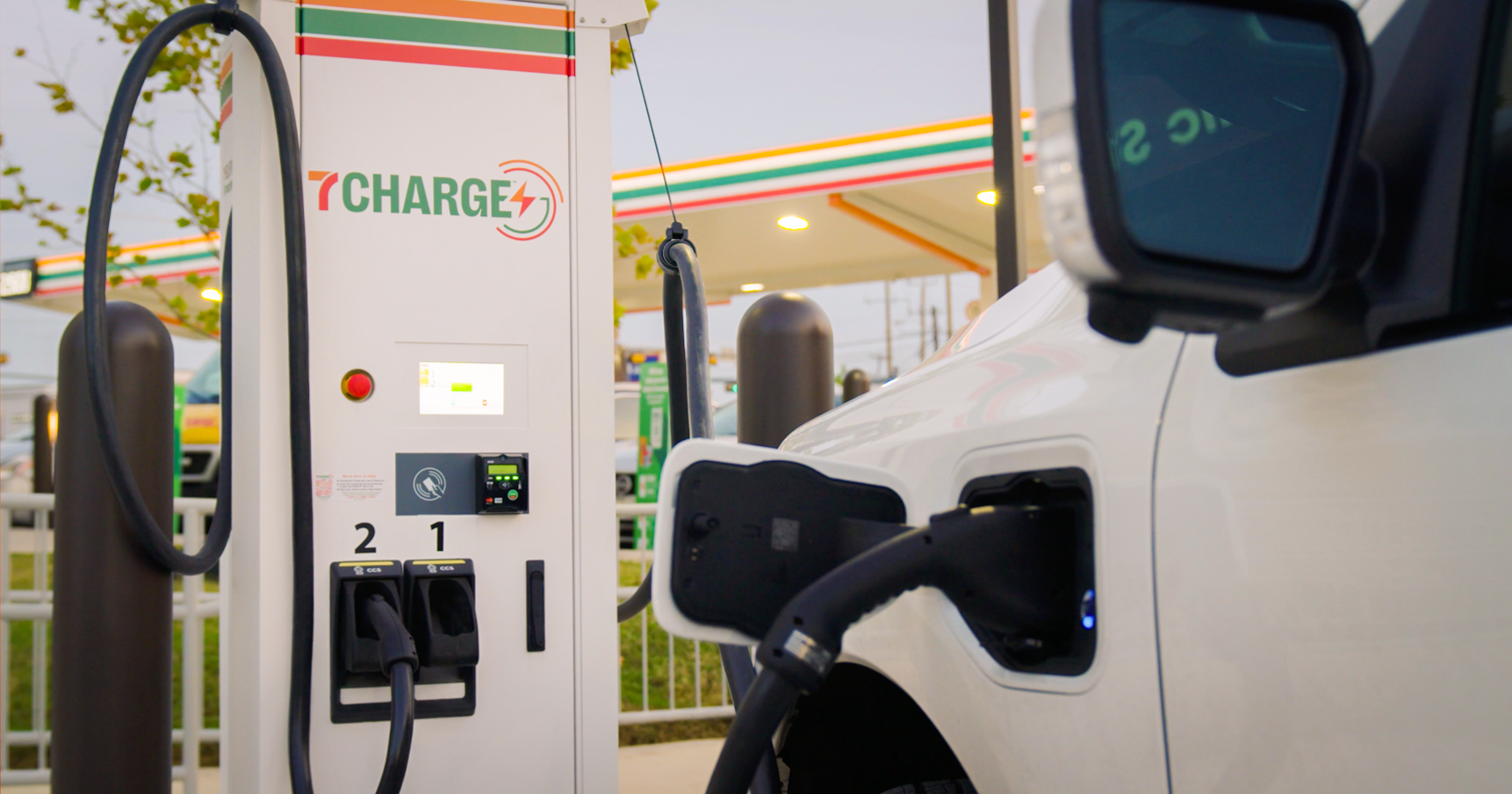One of the biggest hurdles in getting more people to adopt electric vehicles is how slowly they recharge. While EV chargers have come a long way, they still take some time to recharge, which is why we see them at places like movie theaters and supermarkets. But what if a fast-charging EV battery could change all of that?
A group of researchers working at Cornell University have made an interesting breakthrough. According to a new paper the researchers published in Joule, their charger could make it possible to charge an EV battery in just five minutes, a nice upgrade from the current EV fast chargers that take at least 30 minutes to charge up.
We’ve also seen some EV chargers that claim they can charge the battery in just five minutes. But the problem here is, the EVs and their batteries just aren’t designed for that kind of fast charging. That’s where this new fast-charging EV battery comes into play.

So how did they do it? How did the researchers make an EV charger that can withstand the heat and power needed to charge it completely in less time than it takes you to sit in the Starbucks drive-thru? Well, they started by using a metal called indium to create the anodes.
This metal is often found in touchscreens and solar panels, and it helps with faster charging and storage of electricty in batteries. The hope, of course, is that with a fast-charging EV battery, people would be able to afford more EVs because they wouldn’t need to purchase the battery with the highest range, as they could charge it up in just five minutes when they started to get low on power.
Of course, the reality of the situation is a bit more complex than that. You still need widespread adoption of EV chargers, though that is something that has definitely improved in recent years. But, if this fast-charging EV battery does take off, it could remove the long charging times, and thus allow EV makers to put in smaller batteries with less than 300 miles of range.
That could make EVs more affordable, but it also raises another question: why settle for an EV with a small battery you have to recharge more often, when you can just keep driving a gas-powered car with more range? It’s a balance that we’ll continue to see fluctuating as EVs try to find their ground. But, perhaps these new batteries could be a key tipping point for many. It’s hard to say.


